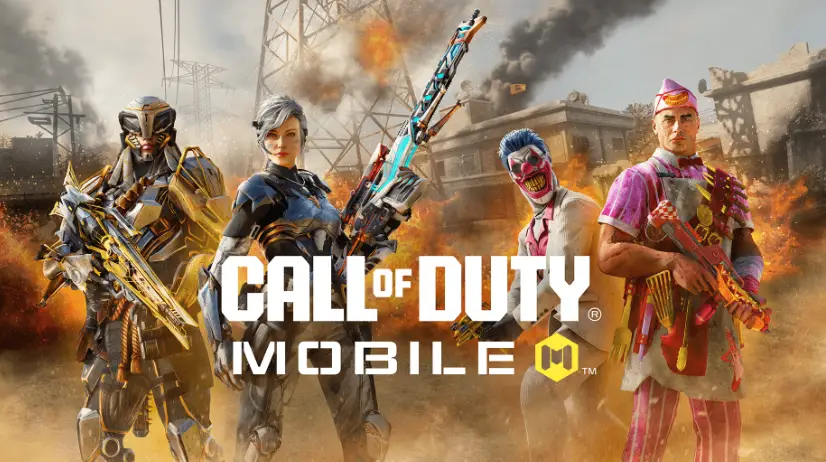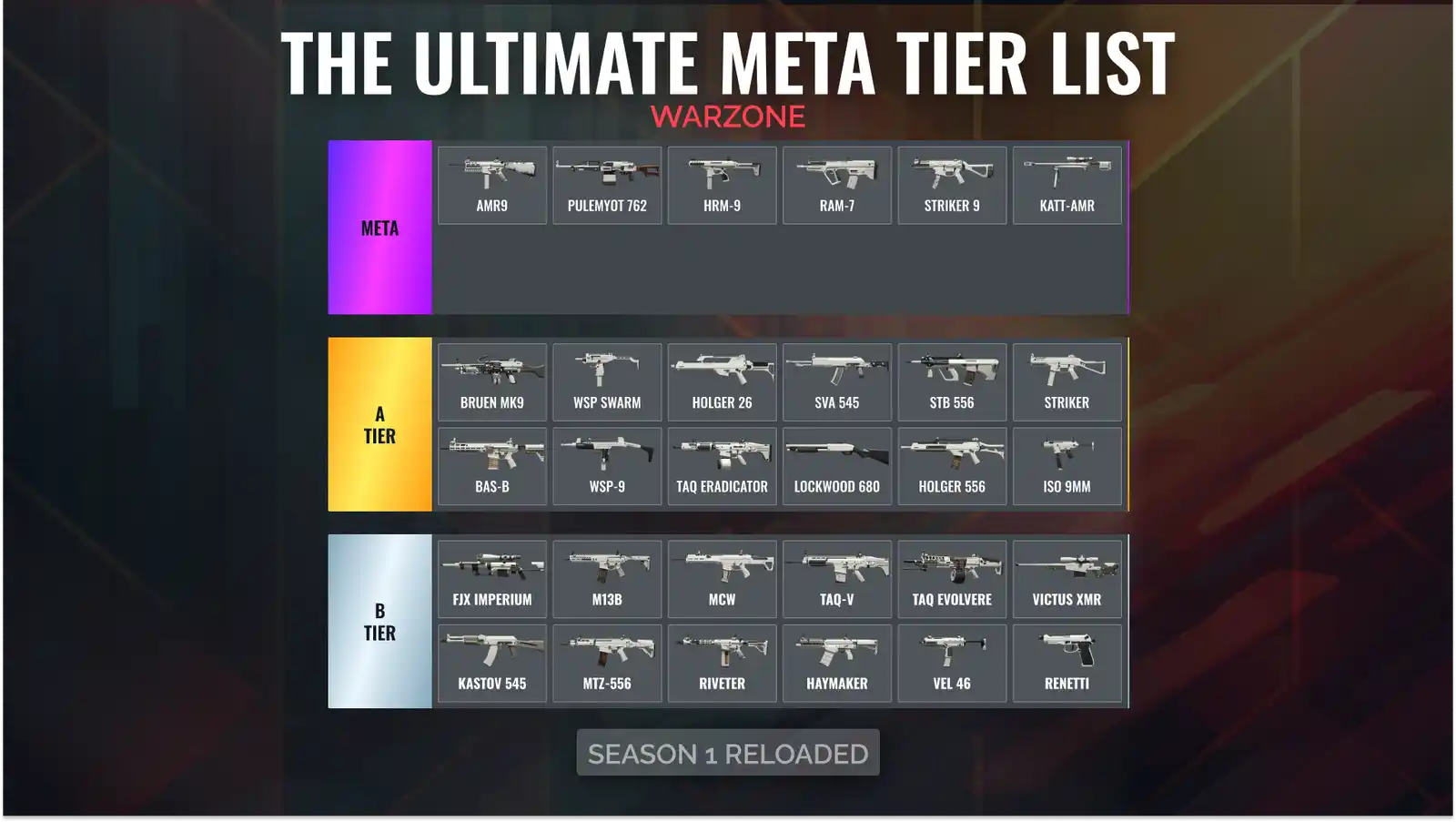Ever jumped into a Phasmophobia hunt and felt utterly clueless about which ghost is hunting you? You’re not alone! Identifying those spectral entities quickly is key to survival and a successful investigation.
This guide is packed with Phasmophobia beginner tips to identify ghosts faster, helping you go from terrified newbie to seasoned ghost hunter in no time. We’ll cover everything from ghost behaviors to essential equipment, ensuring you’re well-equipped to face the paranormal.
Mastering the Basics: Understanding Ghost Types and Evidence
Before diving into advanced tactics, let’s solidify the foundation. Knowing the different ghost types and their unique evidence is crucial.
The Core Ghost Types in Phasmophobia
Phasmophobia boasts a diverse roster of ghosts, each with distinct traits. Understanding these differences is the first step in faster identification.
- Spirit: A common ghost type, often summoned intentionally.
- Wraith: Known for its ability to travel through walls.
- Phantom: Looking directly at it can significantly lower your sanity.
- Poltergeist: Throws objects with incredible force.
- Banshee: Targets one player at a time.
- Jinn: Travels faster when its victim is far away.
- Mare: Increases activity in the dark.
- Revenant: Becomes significantly faster when hunting a victim.
- Shade: Shy and less likely to hunt when multiple people are nearby.
- Demon: Known for frequent and aggressive hunting.
- Yurei: Has a strong effect on sanity.
- Oni: Very active and throws objects frequently.
- Hantu: Faster in colder temperatures.
- Yokai: Talking near it will increase its activity.
- Goryo: Only visible through a DOTS projector when no one is in the room.
- Myling: Quieter when hunting.
- Onryo: Extinguishes fire sources and hunts more often when near them.
- Twins: Can interact with the environment from different locations simultaneously.
- Raiju: Becomes faster when near electrical equipment.
- Obake: Can change its appearance during hunts.
- Mimic: Copies the traits and evidence of other ghosts.
- Moroi: Decreases sanity faster and becomes faster when the victim’s sanity is low.
- Deogen: Always knows where you are.
- Thaye: Ages over time, becoming less active and less aggressive.
Essential Evidence: Your Ghost-Hunting Toolkit
Ghosts leave behind clues, known as evidence, which are vital for identification. These can include:
- EMF 5: Measured with an EMF Reader.
- Fingerprints: Found on doors, windows, and light switches using a UV flashlight.
- Freezing Temperatures: Detected with a thermometer.
- Ghost Orbs: Visible in the dark with night vision.
- Ghost Writing: Obtained by placing a ghost writing book near the ghost.
- Spirit Box: Respond to questions through the Spirit Box.
- DOTS Projector: Visible through the DOTS projector.
Proactive Investigation: Setting Up and Gathering Clues
Effective investigation starts before the hunt even begins. Proper setup and strategic clue gathering are paramount.
Gear Up: Essential Equipment for Ghost Identification
Equipping yourself with the right tools is crucial for identifying ghosts faster. Here’s a breakdown of essential equipment:
- EMF Reader: Detects electromagnetic fields, indicating ghost activity.
- Thermometer: Measures temperature to identify freezing temperatures.
- UV Flashlight: Reveals fingerprints and footprints.
- Spirit Box: Communicates with the ghost.
- Ghost Writing Book: Records ghost writing.
- DOTS Projector: Displays moving shadows, revealing certain ghost types.
- Video Camera: Captures ghost orbs.
- Sound Sensor: Monitors sound levels to detect ghost activity.
- Sanity Pills: Maintain sanity levels to prevent hunts.
Setting the Stage: Room Identification and Strategic Placement
Before the ghost starts its antics, take the time to identify the ghost room. This will help you focus your investigation.
- Temperature Checks: Use the thermometer to identify cold spots.
- Sound Detection: Place sound sensors in potential ghost rooms.
- Camera Placement: Set up video cameras to monitor for ghost orbs.
- Strategic Items: Place the ghost writing book and DOTS projector in the room.
During the Hunt: Reacting and Identifying Under Pressure
The real test comes during a hunt. Staying calm and observing the ghost’s behavior is key.
Decoding Ghost Behavior: Tells and Patterns
Each ghost type exhibits unique behaviors during hunts. Observing these patterns can provide invaluable clues.
- Speed: Is the ghost unusually fast or slow?
- Hunting Frequency: How often does the ghost hunt?
- Interaction with Objects: Does it throw objects aggressively or subtly?
- Sanity Drain: How quickly does it drain your sanity?
- Special Abilities: Does it have unique abilities like teleportation or changing appearance?
Utilizing Evidence During a Hunt: Quick Checks and Confirmations
Even during a hunt, you can gather evidence. Use your equipment strategically to confirm your suspicions.
- EMF Readings: Check for EMF 5 readings during the hunt.
- Fingerprints: Quickly scan for fingerprints on doors and windows.
- Temperature Drops: Monitor for sudden temperature drops.
- DOTS Visibility: Observe if the ghost is visible through the DOTS projector.
Advanced Tactics: Fine-Tuning Your Identification Skills
Once you’ve mastered the basics, it’s time to delve into advanced techniques for faster ghost identification.
Sanity Management: Preventing Hunts and Gathering Information
Keeping your sanity high is crucial for preventing hunts and gathering information.
- Sanity Pills: Use sanity pills regularly to maintain your sanity.
- Light Sources: Stay in well-lit areas to slow sanity drain.
- Teamwork: Stay close to your teammates to reduce fear.
The Process of Elimination: Narrowing Down the Possibilities
As you gather evidence, eliminate ghost types that don’t match the clues. This process of elimination will help you identify the ghost faster.
- Evidence Tracking: Keep a record of the evidence you’ve gathered.
- Ghost Type Comparison: Compare the evidence to the known traits of each ghost type.
- Deduction: Use logic and deduction to narrow down the possibilities.
Communication is Key: Working as a Team for Faster Results
Effective communication with your team is essential for faster ghost identification.
- Sharing Information: Communicate your findings with your teammates.
- Coordinated Efforts: Work together to gather evidence and observe ghost behavior.
- Strategic Planning: Develop a plan of action based on the information you have gathered.
Conclusion
Mastering Phasmophobia beginner tips to identify ghosts faster takes time and practice. By understanding ghost types, utilizing essential equipment, observing ghost behavior, and working as a team, you’ll significantly improve your ghost-hunting skills. Keep experimenting, stay vigilant, and don’t be afraid to make mistakes. Each hunt is a learning opportunity.
What are your favorite ghost-hunting strategies? Share your experiences in the comments below!
FAQ: Frequently Asked Questions About Phasmophobia Ghost Identification
Here are some frequently asked questions to help you further refine your ghost-hunting skills.
Q: How do I quickly identify the ghost room?
A: Use the thermometer to identify cold spots. The ghost room will typically have a temperature of 10°C (50°F) or lower. Also, listen for ghost sounds and look for interactions with objects in a specific area.
Q: What should I do if I’m being hunted?
A: Find a hiding spot immediately. Turn off your flashlight and remain silent. Avoid eye contact with the ghost. If you’re playing on a difficulty where hiding isn’t effective, try looping the ghost around objects or using smudge sticks.
Q: How can I improve my sanity management?
A: Stay in well-lit areas, use sanity pills regularly, and work as a team. Avoid spending too much time alone in the dark, as this will significantly drain your sanity.









